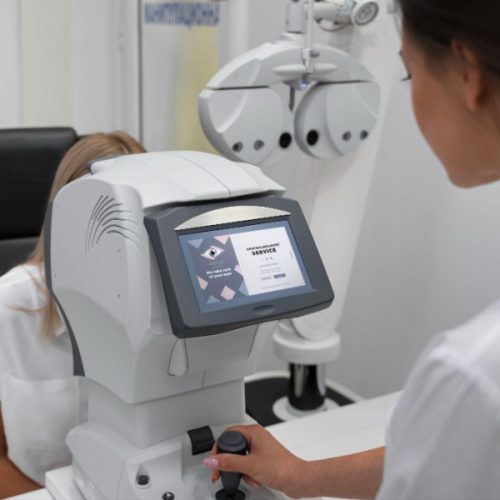Visiting an ENT specialist for the first time can be necessary if you’re dealing with issues related to your ears, nose, or throat. Whether you have chronic sinus difficulties, hearing loss, or persistent throat discomfort, understanding what happens during the initial consultation will help you prepare for the procedure.
Discover what typically occurs during your first appointment with an ENT specialist and what you should be ready for.
Initial Administrative Procedures
Upon arrival, expect to complete administrative paperwork, including medical history forms and consent documents. This step helps the ENT clinic build a comprehensive profile of your current condition and past treatments. You may be asked specific questions about prior surgeries, allergies, current medications, and the duration of your symptoms. Some clinics also require insurance verification, so bringing identification and insurance details is advised. This preparatory step ensures that the ENT specialist has all necessary background information to evaluate your case accurately.
Detailed Consultation and History-Taking
The core of the visit begins with a comprehensive consultation. The ENT specialist will ask about your symptoms, including how long they have persisted, what triggers them, and if they have worsened. Questions may be structured around specific body systems, such as changes in hearing, nasal congestion, headaches, sore throats, or sleep disturbances. Providing detailed and honest answers helps the specialist narrow down possible conditions. It is advised that you bring any records or reports of prior diagnoses or treatments you may have received elsewhere for reference.
Physical Examination
The ENT specialist will conduct a physical examination on the ears, nose, and throat. This assessment includes evaluating the ears with an otoscope to check for infections, blockages, or abnormalities. The nasal passages and sinuses are inspected using tools such as a nasal speculum or endoscope. The throat and neck may be palpated to check for swelling, lymph node enlargement, or signs of inflammation. This examination can also involve checking your voice box and evaluating any structural concerns that may contribute to breathing or swallowing issues.
ALSO READ: 4 Signs it’s Time to Visit an ENT Doctor
Diagnostic Tests if Required
Depending on your symptoms and the physical findings, the ENT specialist may request additional diagnostic tests. These may be performed during the same visit or scheduled separately. Typical procedures include hearing tests (audiometry), nasal endoscopy, flexible laryngoscopy, or imaging studies like X-rays or CT scans. Skin or blood tests may be recommended in situations involving allergy complaints. These diagnostics provide the specialist with a clearer picture of what is causing your condition, especially when physical examination alone is inconclusive.
Discussion of Findings and Next Steps
Once the examination and any preliminary tests are complete, the ENT specialist will explain their initial findings. Treatment options are typically discussed immediately if a diagnosis can be made during the initial visit. This treatment could include medication, lifestyle changes, or planning further interventions such as surgery or therapy. If additional tests are needed before a diagnosis can be confirmed, the specialist will explain the rationale and expected timelines. The ENT specialist may also provide instructions to follow at home before the next appointment or treatment step.
Follow-Up and Patient Queries
The ENT specialist will inform you about any follow-up consultations before concluding the visit. You may receive a written summary of the visit or prescriptions if treatment begins right away. Most specialists also allocate time for patients to ask questions. It is advisable to prepare queries in advance regarding diagnosis, expected outcomes, medication side effects, or procedure timelines. If a referral to another healthcare provider is required, it will be issued at this point.
Conclusion
Your first visit to an ENT specialist is designed to properly analyse your symptoms and establish a clear plan for diagnosis and treatment. From administrative intake to physical examinations and possible diagnostic procedures, each step contributes to determining the cause of your ENT-related concern. Understanding the process beforehand helps you attend the appointment fully prepared and informed.
Contact Dr Dennis Chua and let us help you prevent ENT complications and ensure the proper intervention at the right time.



